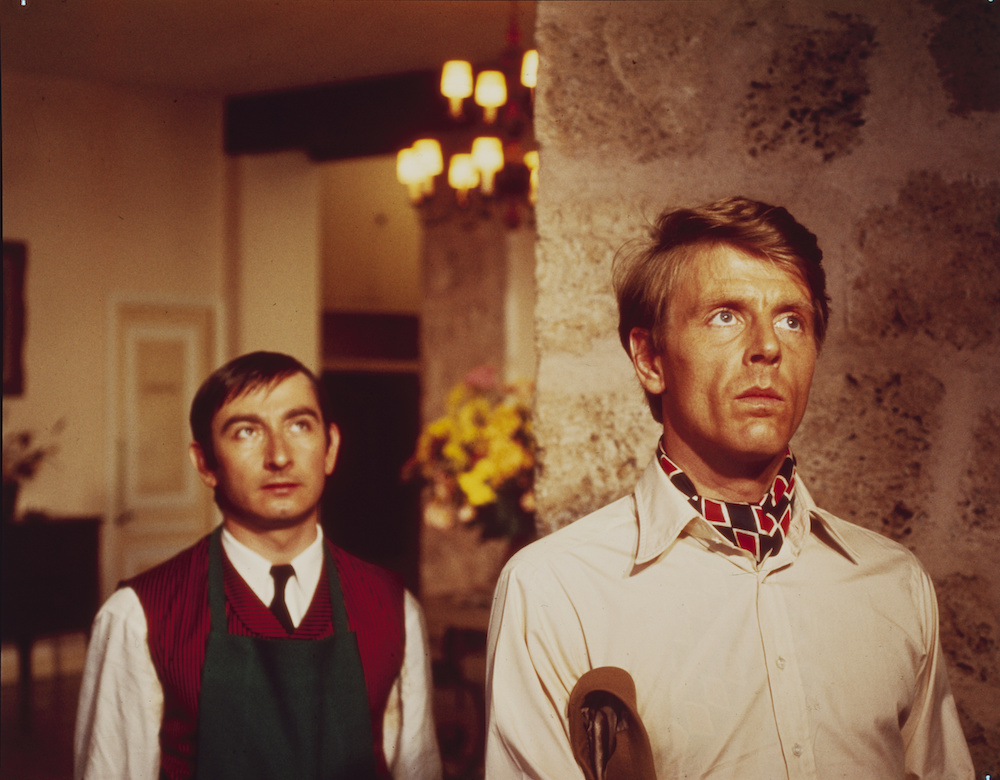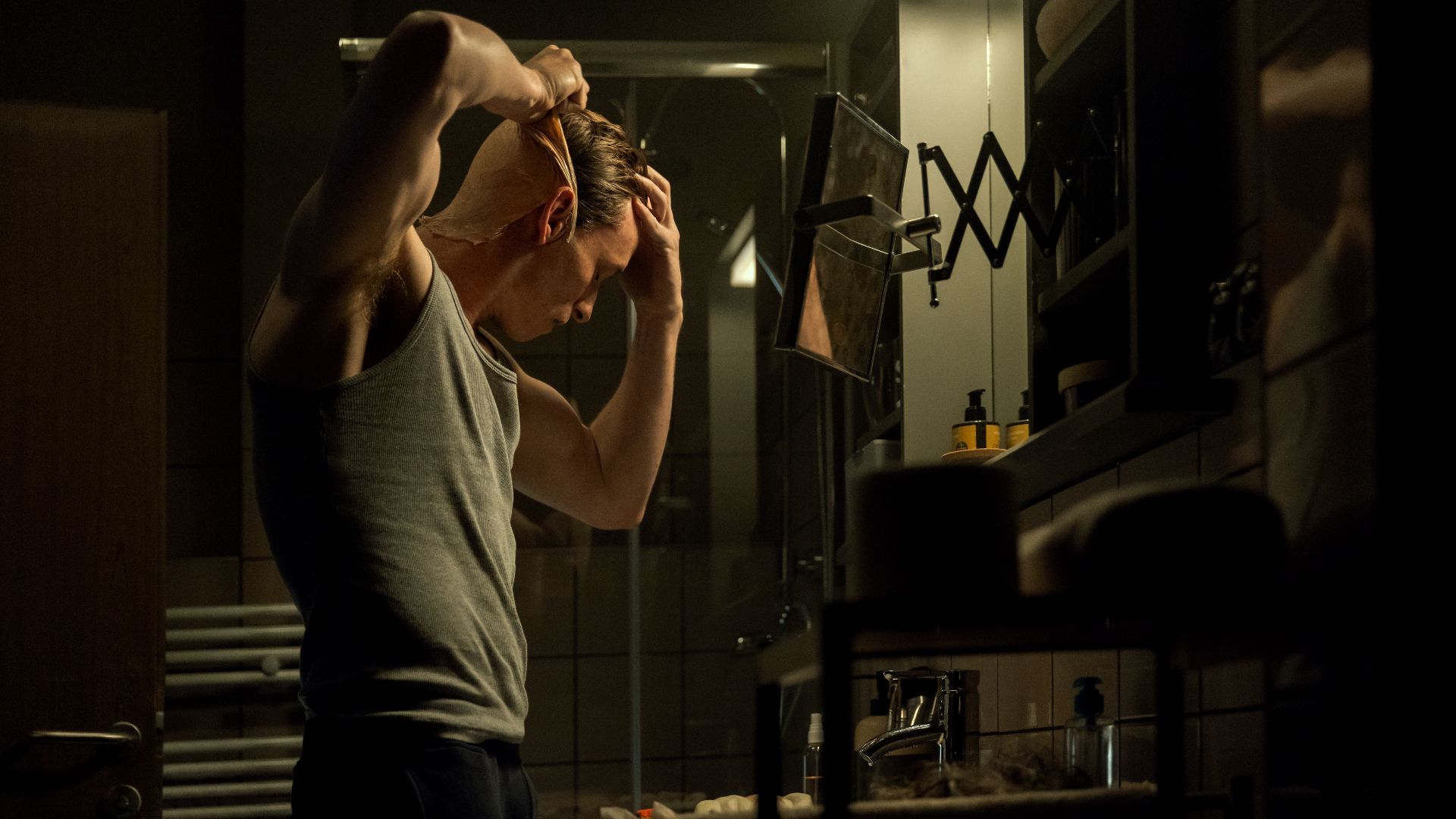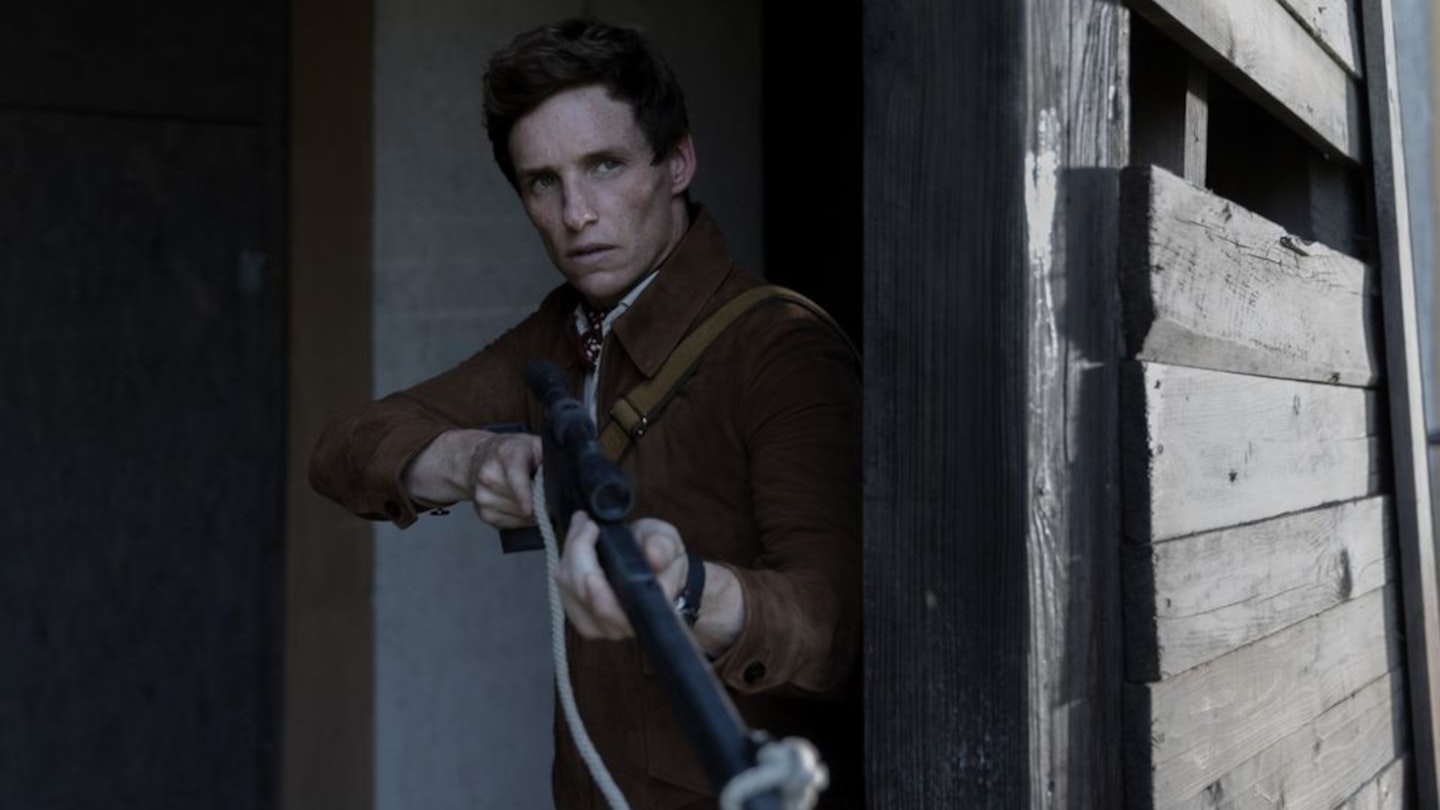There’s something about “The Day of the Jackal” that keeps readers and movie enthusiasts hooked to this day. It’s not just a story; it’s a masterclass in suspense, intrigue, and political tension. First published in 1971 by Frederick Forsyth, this iconic novel has become a timeless piece of literature that continues to inspire countless adaptations and discussions. If you’re curious about what makes this story so unforgettable, buckle up, because we’re diving deep into its secrets.
Let’s start with the basics. “The Day of the Jackal” is more than just a book or a movie—it’s a cultural phenomenon. The novel revolves around an assassination plot targeting none other than Charles de Gaulle, the President of France in the 1960s. This isn’t your run-of-the-mill spy thriller; it’s a meticulously crafted narrative that blends historical fact with fictional brilliance. It’s no wonder it became an instant classic.
So, why does this story resonate so strongly even today? Well, it’s not just about the plot—it’s about the characters, the tension, and the sheer brilliance of Forsyth’s writing. We’ll break it all down for you, from the historical context to the psychological depth of the characters. But first, let’s take a look at what you can expect from this article. Stick with us, and we’ll make sure you leave with a deeper appreciation for this legendary tale.
Read also:Iron Resurrection Cast The Untold Story Behind The Scenes
Here’s a quick overview of what we’ll cover:
- Biography of Frederick Forsyth
- Historical Context of The Day of the Jackal
- The Plot of The Day of the Jackal
- Who is The Jackal?
- The Day of the Jackal Movie Adaptations
- Analysis of Key Themes
- The Impact on Modern Thrillers
- Critical Reception and Legacy
- Interesting Facts About The Day of the Jackal
- Final Thoughts
Biography of Frederick Forsyth
Early Life and Career
Before we dive into the story itself, let’s talk about the man behind the masterpiece: Frederick Forsyth. Born on August 25, 1938, in Ashford, Kent, England, Forsyth had a fascinating career that shaped his writing style. He started as a journalist, working for the Reuters news agency, which gave him a front-row seat to some of the most significant events of the 20th century.
Forsyth’s experiences as a journalist heavily influenced his writing. His ability to weave real-world events into fictional narratives set him apart from other authors. But it wasn’t until he published “The Day of the Jackal” that he truly made his mark on the literary world.
Key Achievements
Throughout his career, Forsyth has written numerous bestsellers, but “The Day of the Jackal” remains his most celebrated work. Below is a brief overview of his achievements:
| Category | Details |
|---|---|
| Books | “The Day of the Jackal,” “The Odessa File,” “The Dogs of War,” etc. |
| Awards | Recipient of the Crime Writers’ Association Gold Dagger Award for “The Day of the Jackal.” |
| Legacy | Considered one of the pioneers of modern political thrillers. |
Historical Context of The Day of the Jackal
Understanding the historical backdrop of “The Day of the Jackal” is crucial to appreciating its depth. The story is set against the backdrop of post-war France, specifically during the presidency of Charles de Gaulle. De Gaulle was a towering figure in French history, known for his leadership during World War II and his efforts to rebuild France after the war.
However, his presidency wasn’t without controversy. The OAS (Organisation de l’Armée Secrète), a far-right group opposed to Algerian independence, became a significant threat to his administration. This group forms the core of the conspiracy in Forsyth’s novel, making the story feel almost like a documentary of the era.
Read also:Best Remoteiot Raspberry Pi Your Ultimate Guide To Setting Up And Managing Iot Devices
The Plot of The Day of the Jackal
Now, let’s get to the heart of the matter: the plot. “The Day of the Jackal” follows the OAS as they hire a mysterious assassin known only as “The Jackal” to assassinate President de Gaulle. What makes this story so compelling is the intricate planning and execution of the plot. Forsyth doesn’t just give us action scenes; he delves into the psychology of the characters, creating a tense atmosphere that keeps readers on edge.
As the story unfolds, we meet Inspector Claude Lebel, the man tasked with stopping the Jackal. The cat-and-mouse game between these two characters is what drives the narrative forward. It’s a battle of wits, and Forsyth masterfully balances suspense with moments of reflection.
Who is The Jackal?
Character Analysis
One of the most intriguing aspects of “The Day of the Jackal” is the enigmatic nature of the titular character. The Jackal is a professional assassin with no known identity, making him almost impossible to track. Forsyth paints him as a cold, calculating individual who operates with precision and efficiency.
But there’s more to the Jackal than meets the eye. Forsyth explores the psychological motivations behind his actions, giving readers a glimpse into the mind of a killer. This depth adds layers to the story, making it more than just a thriller—it’s a psychological study of human nature.
The Day of the Jackal Movie Adaptations
1973 Film
“The Day of the Jackal” was first adapted into a film in 1973, directed by Fred Zinnemann and starring Edward Fox as the Jackal. The movie was a critical and commercial success, earning several Academy Award nominations. It’s praised for its faithful adaptation of the novel and its ability to capture the tension and suspense of the original story.
1997 Remake
A modern remake was released in 1997, starring Bruce Willis as the Jackal. While it received mixed reviews, it introduced the story to a new generation of viewers. The film updated the plot to fit contemporary times, but some purists argue that it lacked the authenticity of the original.
Analysis of Key Themes
“The Day of the Jackal” is rich with themes that resonate even today. Here are a few key ones:
- Power and Politics: The novel explores the complexities of political power and the lengths people will go to protect or overthrow it.
- Morality and Ethics: The story raises questions about the morality of assassination and the ethical dilemmas faced by those involved in such plots.
- Identity: The Jackal’s anonymity serves as a metaphor for the loss of identity in a world dominated by politics and espionage.
The Impact on Modern Thrillers
Forsyth’s work has had a lasting impact on the thriller genre. His attention to detail and commitment to realism set a new standard for political thrillers. Many modern authors cite “The Day of the Jackal” as a major influence on their writing.
Moreover, the novel’s success paved the way for other works in the genre, proving that there was a market for intelligent, well-researched thrillers. It’s safe to say that without Forsyth, the landscape of modern literature would look very different.
Critical Reception and Legacy
“The Day of the Jackal” was met with widespread acclaim upon its release. Critics praised Forsyth’s ability to blend fact with fiction, creating a story that felt both authentic and thrilling. Over the years, the novel has been studied in universities and referenced in countless discussions about the thriller genre.
Its legacy extends beyond literature, influencing films, TV shows, and even video games. It’s a testament to Forsyth’s genius that his work continues to inspire new generations of storytellers.
Interesting Facts About The Day of the Jackal
Here are a few fun facts about “The Day of the Jackal” that you might not know:
- The novel was inspired by an actual assassination attempt on Charles de Gaulle in 1962.
- Forsyth spent months researching the story, interviewing real-life spies and intelligence officers.
- The 1973 film adaptation was one of the first movies to use a computer-generated map for tracking the Jackal’s movements.
Final Thoughts
“The Day of the Jackal” is more than just a novel—it’s a cultural touchstone that continues to captivate audiences worldwide. Its combination of historical accuracy, psychological depth, and thrilling action makes it a must-read for anyone interested in the thriller genre.
So, what’s next? If you haven’t already, pick up a copy of the book or watch one of the movie adaptations. And don’t forget to share your thoughts in the comments below. We’d love to hear what you think about this timeless classic.
Until next time, keep exploring, keep learning, and keep reading!


